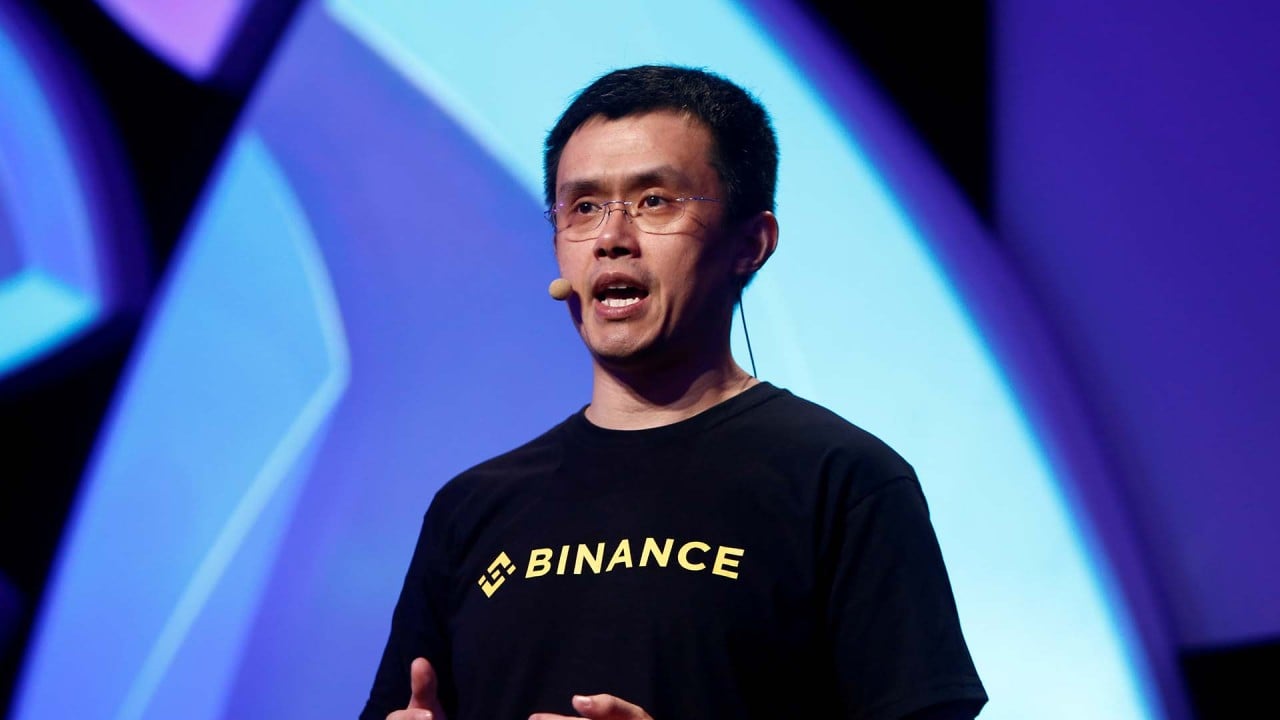Challenges abound if Binance seeks haven in Hong Kong amid US crackdown, analysts say
- The embattled cryptocurrency exchange may be deterred by a range of operational adjustments it must make to get licensed in the city, analysts say
- Hong Kong earlier this month rolled out new rules requiring centralised crypto exchanges to seek a licence to sell and market to the city’s retail investors

While establishing a legitimate foothold in Hong Kong could be beneficial to Binance, the firm may be deterred by the range of operational adjustments it must make to get licensed in the city, while charges brought by the US Securities and Exchange Commission (SEC) this week could create additional challenges, analysts said.
“Binance would be keen on establishing a meaningful presence in any market with a clear regulatory framework for crypto, and this is only accelerated by the pressure they’re facing in the US,” said Carlton Lai, head of blockchain and cryptocurrency research at Daiwa Capital Markets. “If Hong Kong’s regime goes well, I would be surprised if Binance does not look into getting a [virtual asset service provider] licence.”
But an application “definitely won’t be easy in the near term” for Binance, Lai said, noting that the SEC’s lawsuit “could be a problem”.
Crypto firms, including those with Chinese roots such as OKX and Huobi, are jockeying for a piece of the Hong Kong market, which recently rolled out new rules requiring centralised crypto exchanges to seek a licence to sell and market to the city’s retail investors.
